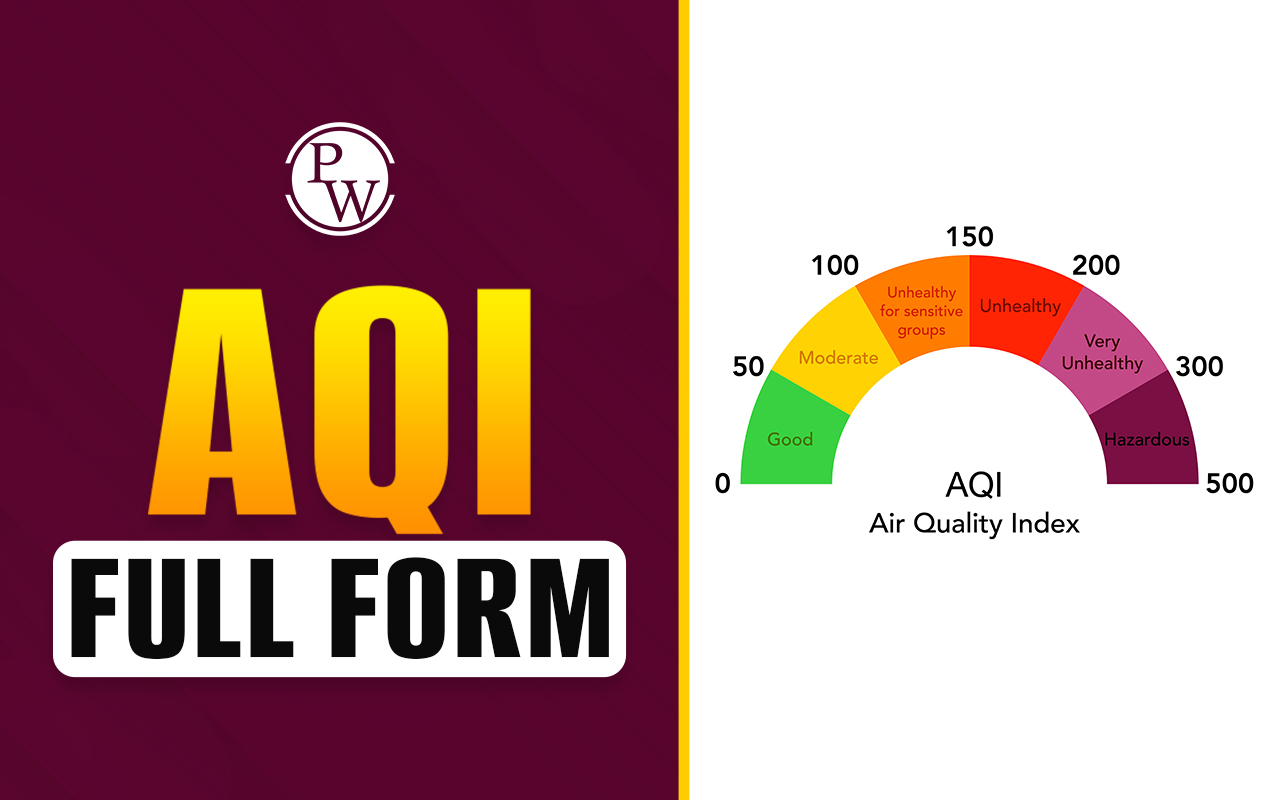
The full form of IBS is Irritable Bowel Syndrome.
IBS stands for Irritable bowel syndrome, also known as Irritable bowel, Irritable colon, or Spastic colon. It is a common digestive disorder that affects millions of people worldwide. Also, An imbalance in the bacteria in the gut, stress, food sensitivities or allergies, and other factors are the leading cause of IBS.
Also, The symptoms of IBS can be managed through dietary changes and lifestyle modifications. Additionally, certain medications may help reduce symptoms. With proper management, individuals can lead a normal life with minimal disruption. Let us know about IBS in detail.
Types of IBS
People with IBS often experience normal bowel movements on some days and abnormal ones on others. Therefore, the type of IBS is determined by the unusual bowel movements one encounters.
- IBS-C (Constipation): The faeces are typically solid and lumpy.
- IBS-D (Diarrhea): The faeces are typically loose and watery.
- IBS-M (Mixed bowel habits): The patient may spontaneously experience both hard and lumpy bowel movements as well as loose and watery movements.
It is essential to determine the type of IBS you have to get the best possible treatment.
Causes of Irritable Bowel Syndrome
The exact cause of IBS is unknown; however, several factors are believed to contribute to its development. These include:
- Abnormal muscle contractions in the bowel: The muscles in the walls of the intestines contract and relax in a coordinated manner to move food through the digestive system. In people with IBS, these contractions may be too strong or too weak, causing food to move too quickly or slowly.
- Nervous system abnormalities: The nerves controlling the digestive system may be hypersensitive, causing pain and discomfort even when no physical problem exists.
- Inflammation and infection: Some people with IBS have a history of gastroenteritis, which is an infection caused by a bacteria, virus, or parasite. This infection can cause inflammation of the intestines, which may trigger IBS symptoms.
- Food intolerance: Some people with IBS are intolerant to certain foods, such as dairy products or gluten, which can cause symptoms to flare up.
- Mental health issues: People with anxiety, depression, or high levels of stress may be more likely to develop IBS, as emotional stress can cause the digestive system to become more sensitive and trigger symptoms.
It is important to note that these factors may not be present in all people with IBS, and the exact cause of IBS may vary from person to person.
Symptoms of IBS
Irritable Bowel Syndrome (IBS) can cause various symptoms, which may vary from person to person. However, the most common symptoms of IBS include the following:
- Abdominal pain and cramping: This is the most common symptom of IBS. The pain is usually located in the lower abdomen and may be relieved by a bowel movement.
- Bloating and gas: People with IBS often feel bloated and experience excessive gas.
- Diarrhoea: This is a common symptom of IBS, especially in those with IBS-D (IBS with diarrhoea). The stool may be loose and watery and occur several times a day.
- Constipation: People with IBS-C (IBS with constipation) often have difficulty passing stool and may have less than three bowel movements per week.
- Alternating diarrhoea and constipation: Some people with IBS experience both diarrhoea and constipation, which can alternate between periods of loose, watery stools and infrequent, hard stools.
- Mucus in stool: People with IBS may notice mucus in their stool, which can signify inflammation in the intestines.
- Nausea and loss of appetite: Some people with IBS experience nausea and a loss of appetite, which can be caused by the pain and discomfort associated with the condition.
However, all people with IBS experience all these symptoms, and the severity of the symptoms can also vary. If you experience these symptoms regularly, you should consult your healthcare provider to rule out any other underlying medical conditions.
Prevention and Cure
Preventive measures for IBS include dietary changes, stress management, and regular exercise. For example, a low-FODMAP diet can help reduce symptoms by limiting carbohydrates that can trigger IBS.
Furthermore, treatment options for IBS include medication, probiotics, and therapy. Medications such as antispasmodics or laxatives can help regulate bowel function and relieve pain. Probiotics can restore the balance of bacteria in the gut, which can help alleviate symptoms. Therapy, such as cognitive behavioural therapy (CBT), can help manage the psychological effects of IBS, such as anxiety or depression.
[wp-faq-schema title=" Full Form of IBS FAQs" accordion=1]
Q1. What are the common triggers of Irritable Bowel Syndrome (IBS)?
Q2. Can lifestyle changes help manage Irritable Bowel Syndrome?
Q3. What is the FODMAP diet? How can a low-FODMAP diet help IBS?













